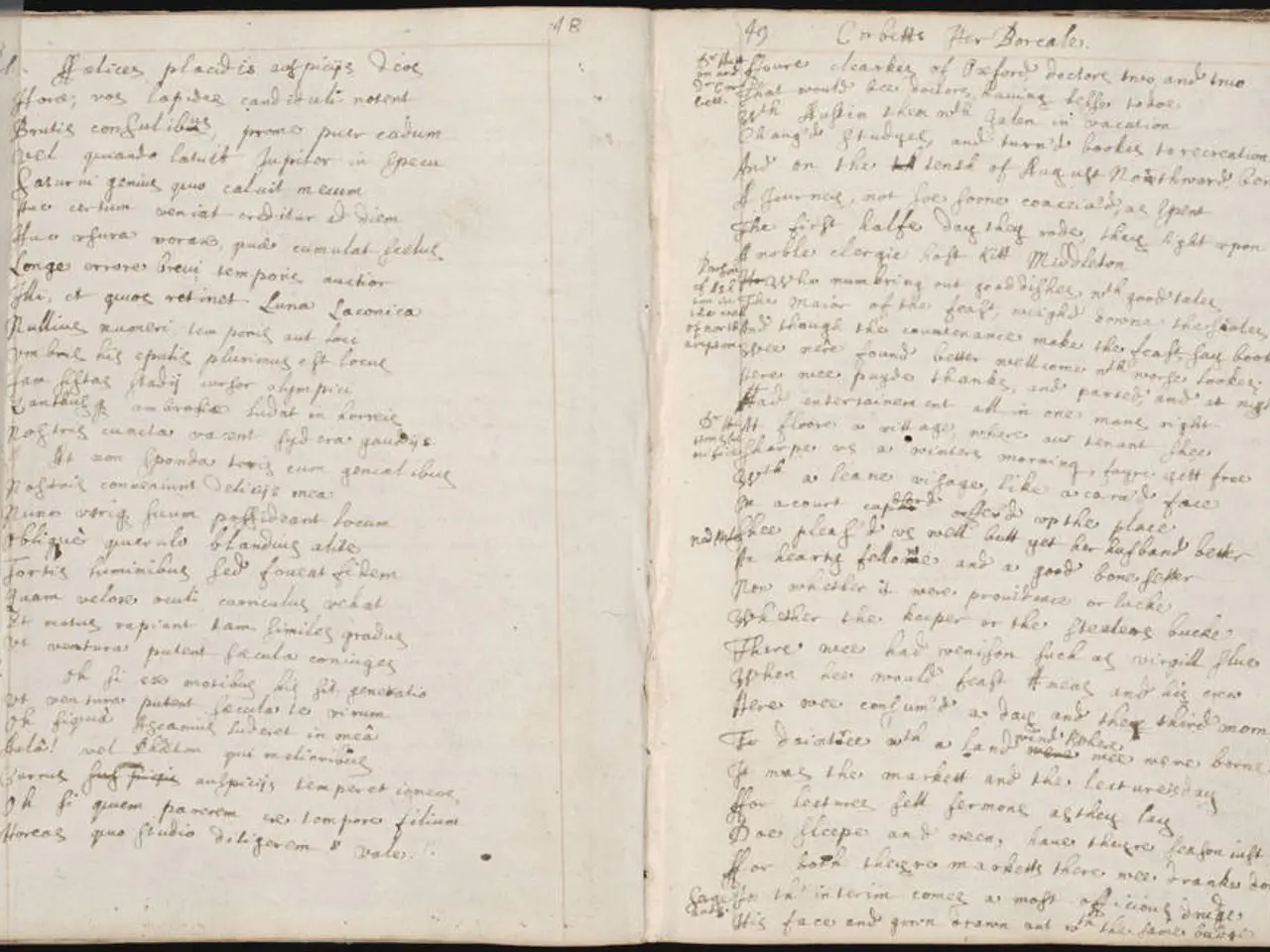Graduate student triumphs in American Institute of Indian Studies Fellowship competition, majoring in Ethnomusicology.
Mukesh Kulriya, a fellow for 2024-26 by the American Institute of Indian Studies, is set to delve into the complex and localized nature of devotional practices with his dissertation, "Riding on Bhakti Beat: Annihilation, Assertion or Appropriation?" The research, which has also received a grant from the UCLA Initiative to Study Hate, focuses on the subaltern voices in Bhakti and their role in shaping social dynamics in Bikaner, Rajasthan.
The Bhakti movement, a significant period in the history of devotional Hinduism, emphasized emotional devotion to a personal deity and often challenged traditional religious hierarchies. Kulriya's study aims to understand how this movement influences or interacts with local religious practices in Bikaner, a region where traditional caste and gender roles are still prevalent.
One of the key aspects of Kulriya's research is the exploration of women's emancipation within the Bhakti movement. Bhakti provided a platform for women to express themselves spiritually and socially, potentially challenging patriarchal norms. The study reimagines Bhakti's inherently congregational spirit as a collective process of emancipation for women and marginalized castes.
Kulriya also examines the impact of the Bhakti movement on marginalized castes in Bikaner. Historically associated with social reform and equality, the movement might offer insights into how it aids in the empowerment or inclusion of these groups.
The dissertation further discusses attempts to politically mobilize Bhakti practices, shedding light on the cultural and social changes within the region. The title's reference to "Annihilation, Assertion or Appropriation" suggests an examination of whether the Bhakti movement is used as a tool for social change or if it is co-opted by dominant groups. This analysis could provide insights into the complex dynamics of power and identity in religious movements.
The American Institute of Indian Studies has named 31 fellows for the 2024-26 period, with 16 of them being graduate students. Among these fellows, Kulriya stands out for his focus on the intersection of popular music, popular religion, and social change.
In conclusion, Kulriya's dissertation offers a nuanced exploration of how religious movements can shape social hierarchies and contribute to social change, particularly in a region like Bikaner, where traditional caste and gender roles are prevalent. The study provides valuable insights into the role of subaltern voices in Bhakti and their impact on local religious practices, women's empowerment, and the experiences of marginalized castes.
Kulriya's research, exploring women's emancipation and the influence on marginalized castes within the Bhakti movement, underscores the connection between education-and-self-development and personal-growth, as it delves into the process of learning and understanding the role of this movement in shaping social dynamics and promoting social change. The study further illuminates the importance of learning from diverse perspectives, as it highlights the untold stories of the subaltern voices in Bhakti.




